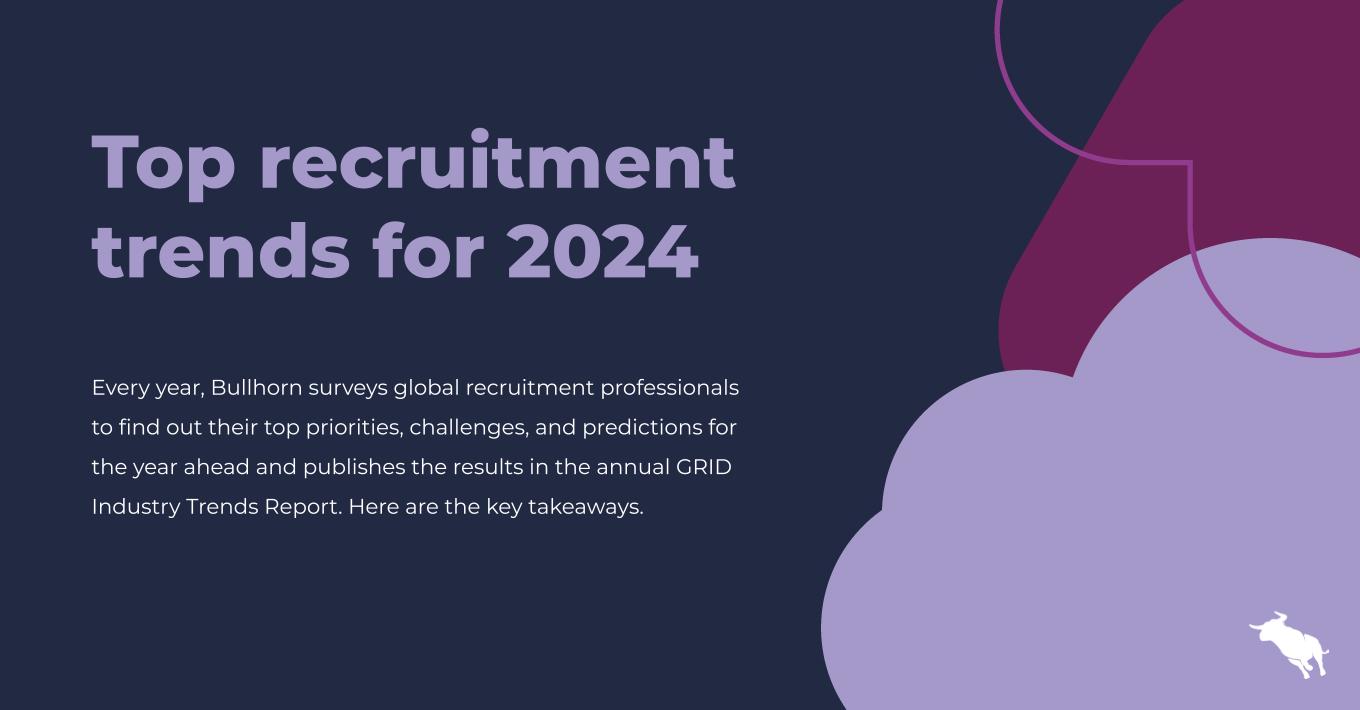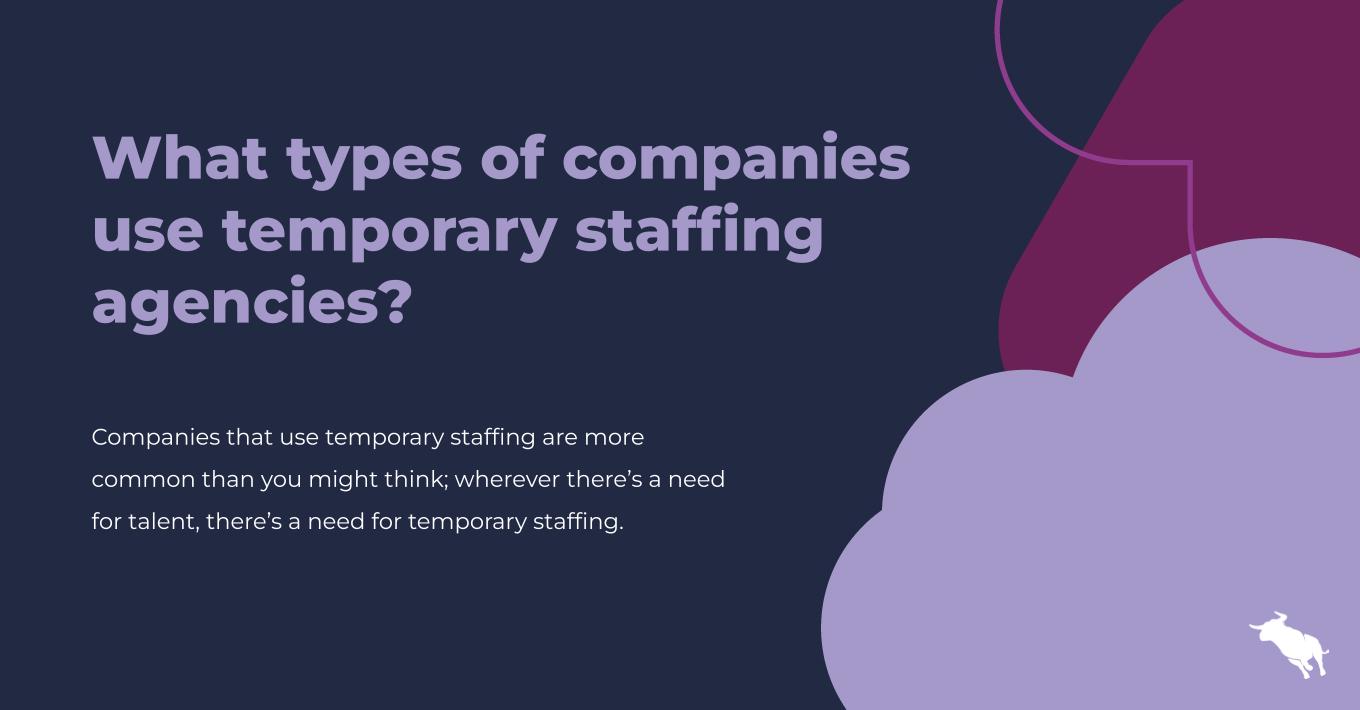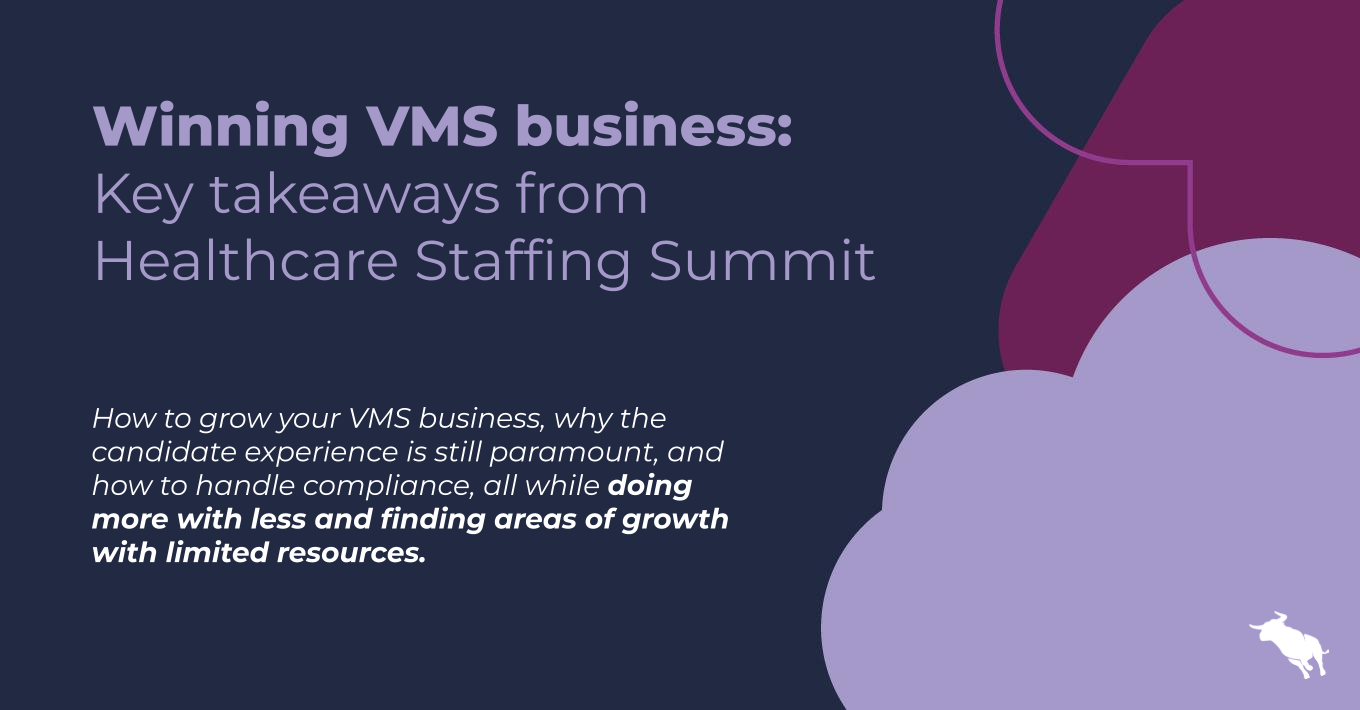Are Recruitment Professionals Embracing Digital Transformation?

The staffing industry is in the middle of a digital transformation: new technologies are radically impacting the way recruitment agencies do business and will continue to do so for the foreseeable future. Is your business a part of this digital revolution? And what does digital transformation mean to the average recruitment professional? We surveyed 900+ global staffing and recruitment professionals to find out. Read on for the top takeaways.
Digital transformation is positive, but firms aren’t taking action
At the beginning of the year, as part of our annual GRID report on top industry trends, we asked global recruitment professionals to say if they thought digital transformation—defined as the integration of technology into all areas of business for the purposes of improving operations and the way companies deliver value to customers—was good or bad for their business.
The verdict: recruitment pros overwhelmingly viewed it as a good thing. Eighty percent said it would help their business and only 5 percent said it could hurt their business. Enthusiasm runs high, but are agencies taking action to make digital transformation a reality?
What does digital transformation mean to recruitment professionals?
Most recruitment pros possess a nebulous understanding of digital transformation. Sixty-eight percent of the nine-hundred respondents surveyed say they have a limited understanding of digital transformation, while just one out of five say they have a deep understanding.
What does digital transformation mean to the industry?
Given a large list of options, the vast majority (81 percent) say that when they think of digital transformation, they think of one of the following technologies: automation (37 percent), AI and machine learning (18 percent), or cloud-based software (26 percent).
Who has a digital transformation strategy in place?
If your firm has a formal digital transformation strategy, pat yourselves on the back—you’re ahead of the curve. Just twenty-five percent of respondents say they do.
Who are the digital transformation pacesetters? Large agencies are far more likely than smaller agencies to take action; with the sharpest cut-off happening at 150 employees. Agencies with at least 150 employees are twice as likely to have a digital transformation strategy.
What technologies have agencies embraced?
When it comes to incorporating new technology, how do recruitment agencies fare? The automation of recruitment processes has the most buy-in, but automation adoption is still uniformly low across the board. Sourcing is the most adopted process (39 percent) and redeployment the least (5 percent). One in five firms don’t automate anything,
Candidate acquisition is voted by recruitment professionals as their number one priority, so it’s no surprise that it’s the process that firms are most eager to automate. Generally, firms see digital transformation as a means to improve candidate-related activities. When respondents were asked to select how digital transformation will most impact their business, they chose applicant tracking/candidate management by a large margin.
While automation is no doubt useful for this purpose, there’s no shortage of other uses for automation, many that improve productivity and performance.
Respondents were also asked how much of their business lives in the cloud. While nearly every business now uses at least some cloud-based software—just five percent use no cloud-based software for their business, just 15 percent are completely cloud-based. Most respondents (68 percent) fall somewhere in the middle.
Who is responsible for digital transformation?
Who should be leading your digital transformation strategy? For most businesses, the CEO (45 percent) takes the lead, though this may be by default for some businesses. While not every agency has a Chief Information Officer or Chief Technology Officer (CIO/CTO), those who do are much more likely to have an advanced approach to digital transformation.
Businesses with a CTO or CIO leading the digital transformation strategy are twice as likely to have a deep understanding of digital transformation and twice as likely to automate key recruitment processes. That said, staffing businesses that hire a CTO or CIO may already be demonstrating a greater commitment to technological change, so this may be a byproduct of a technology-first focus rather than a cause of it.
Looking Forward
Recruitment professionals are in agreement that digital transformation is the future (and the present) of the industry, but the results don’t quite match up to the enthusiasm for technological progress. Most have barely begun to explore the many possibilities of technology to further their business, presenting a great opportunity to differentiate from the competition. Automation, in particular, represents immense untapped potential for agencies.
The results are clear: we are just beginning to realize the transformational potential of technology as an industry.
Check out how to make digital transformation a reality for your firm with our all-new digital transformation center.





